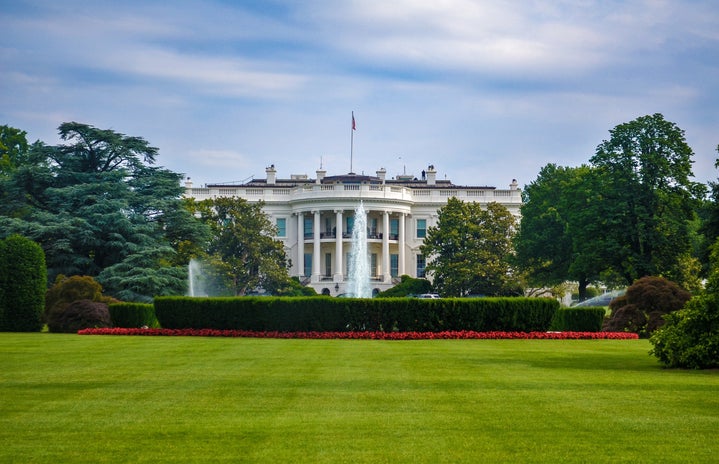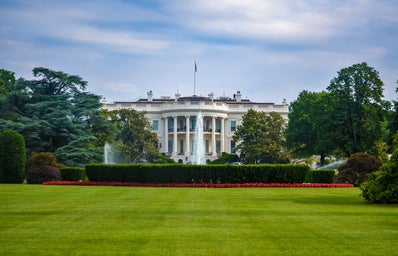It’s that time of the year again. Everyone’s social media feeds are cluttered with political controversy.
Don’t get me wrong. I love debating politics as much as anyone. It’s a passion many people share, but these intense, ideological arguments aren’t meant for the format of Facebook. Here’s why.
Oversimplification of Issues
Facebook is a streamlined website, trying to create overly simplistic relationships with people and glaze over who we are as people with a simple “Timeline” or “Profile.” To take someone at “Face”-value would be to judge someone based on his or her fifth grade “Likes” and vague description panel.
Although most of us know not to judge someone solely on his or her Facebook profile, it seems as if a great majority of people don’t apply this concept to political posts. An embarrassing amount of people base their entire political education based off of political memes that their friends like. This is dangerous in the sense that this seems to be the majority of information that these people are exposed to and take into account in forming political opinions.
Bernie Sanders’ political agenda isn’t limited to “Feel the Bern!” and “Free Tuition.” Donald Trump’s foreign policy agenda isn’t invalid just because of his mysterious hairpiece. Hillary Clinton may be struggling to reach the millennial voter base, but that doesn’t mean that she’s a “poser” and Bernie Sander’s is a hipster (I’m even cringing while writing this).
Sharing Inaccurate Information
Another common function of Facebook is the “Share” feature. At any other point in the year, people are sharing “Tasty” and cat videos, but during this special season, news feeds are clogged with poorly cited Op Eds ignorant people take as fact. Unfortunately, these pieces display the fickle, uncooperative bipartisanship of our political system by mocking the other party.
For example, phrases such as “this totally DESTROYS those * insert opposing party here *” should have no place in a serious political conversation. Also, the tired arguments on the word “free:” people are obviously referring to government grants that are funded through taxes. When someone says they support free education, they know it will raise taxes, so stop pretending that this is a revelation to them. And Donald Trump calling most Mexicans rapists and murderers isn’t an issue of political correctness; it’s an issue of racism.
Based on these points, it’s important to realize why sharing oversimplified and inaccurate articles to Facebook isn’t a good idea. Not only does it make you seem uneducated, but it also spreads ignorance. At least fact check and screen your articles for accuracy before hitting “Like” or “Share,” or otherwise you risk irritating the hell out of people you’re “friends” with.

